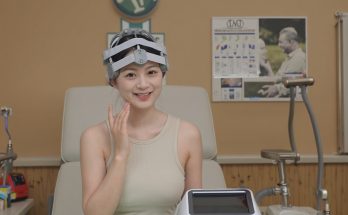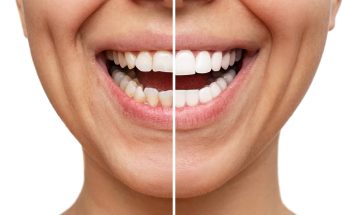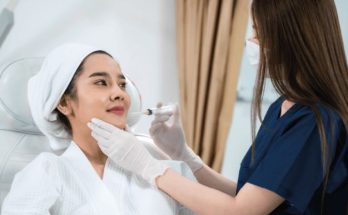Endometriosis is a painful disorder in which tissues similar to the endometrium grow outside the uterus. Besides causing pain, endometriosis can sometimes result in infertility. Although this condition has no cure, Dr. Susan Wolf in Hasbrouck Heights may recommend effective treatments to help alleviate your symptoms. There are various endometriosis treatments; your doctor will discuss the available treatment options and outline the risks and benefits of each. When deciding the right treatment for you, your doctor will consider various factors, including your age, severity of symptoms, and whether you want to get pregnant in the future.
- Hormone therapy
Hormone therapy aims to stop or limit estrogen production in your body, encouraging endometrial implants to thicken, break down, and bleed. Supplemental hormones shrink endometriosis tissue and reduce or eliminate pain caused by endometriosis. Although hormone medication may slow endometrial tissue growth and prevent new implants of endometrial tissue, it is not a permanent fix for endometriosis. You could experience a return of symptoms once you stop taking the medication. Below are some of the hormone-based treatments for endometriosis.
- The combined oral contraceptive pill
The combined pill contains estrogen and progestin hormones and can be used over a long period to relieve endometriosis symptoms. The pill works by preventing ovulation, and it also makes periods lighter and less painful. If you experience side effects, you may need to try different brands until you find one that suits you. Your healthcare provider may recommend you take three packs of the combined pill without a break, to reduce bleeding and improve other symptoms, including pain.
- Progestin therapy
Synthetic progestin hormone behaves like natural progesterone; it prevents endometriosis implants from growing quickly, reducing the signs and symptoms of endometriosis. They can cause side effects like mood changes, bloating, weight gain, and irregular bleeding. There are various progestin therapies, including contraceptive implants, the intrauterine device with levonorgestrel, contraceptive injection, and the progestin pill.
- Gonadotropin-releasing hormone agonists and antagonists
These synthetic hormones block the production of ovarian-stimulating hormones, lowering estrogen levels and preventing menstruation. As a result, the endometrial implants or tissues shrink. Since these drugs create artificial menopause, doctors recommend taking a low dose of estrogen or progestin along with Gn-RH agonists and antagonists to decrease menopausal side effects. Examples of these side effects include bone loss, vaginal dryness, and hot flashes: your menstrual periods and ability to get pregnant return when you stop taking medication.
- Conservative surgery
If you have endometriosis and you want to get pregnant, your doctor may recommend conservative surgery to increase your chances of success. Conservative surgery aims to remove the endometriosis implants while preserving your reproductive organs, including the uterus and ovaries. Surgery may also be an option for patients with severe pain, but the pain may still return.
Your doctor may perform the surgery laparoscopically, whereby they make a small incision near your navel and insert instruments to remove endometrial tissue through another tiny cut. This surgery can help relieve symptoms and sometimes improve fertility, but problems can recur, especially if some endometrial implant is left behind.
If you have questions about endometriosis, consult your doctor at University Reproductive Associates (URA).




